Is Buying a Hybrid Car Worth It? Pros and Cons to Consider.
Is buying a hybrid car worth it? I just bought a hybrid SUV, and in this article, I will share with you the pros and cons to consider when thinking about getting a hybrid car for your next vehicle.
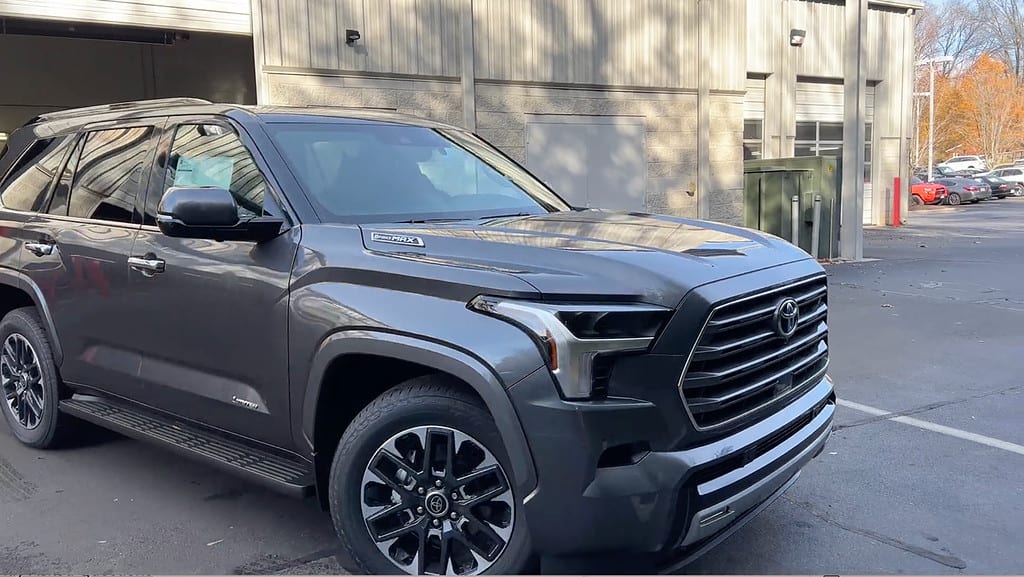
While researching hybrid vehicles, save these other popular articles for more reading: Best Family Hybrid SUV, Best Hybrid SUV with 3 Row Seating, and Best Hybrid Towing Capacity.
Hybrid cars have been gaining popularity in recent years, and for good reason. They offer a range of benefits, from fuel efficiency to reduced emissions.
But with any major purchase, it’s important to weigh the pros and cons before making a decision. In this article, we’ll explore whether buying a hybrid car is worth it and what factors you should consider when making your decision.
First, we’ll break down what a hybrid car is and how it works. Understanding the technology behind hybrid cars is important in determining whether it’s the right choice for you. We’ll also look at the cost of owning a hybrid car and how it compares to traditional gas-powered vehicles.
Fuel efficiency and emissions are also important factors to consider, as these are often the main reasons people choose to buy a hybrid car. We’ll delve into the performance of hybrid cars and how they stack up against gas-powered vehicles.
Finally, we’ll touch on the environmental impact of hybrid cars and how they can help reduce our carbon footprint.
Key Takeaways
- Hybrid cars offer a range of benefits, from fuel efficiency to reduced emissions, but it’s important to weigh the pros and cons before making a decision.
- Understanding the technology behind hybrid cars, the cost of owning one, and the fuel efficiency and emissions are all important factors to consider.
- Hybrid cars can offer comparable performance to gas-powered vehicles, while also reducing our carbon footprint.
Understanding Hybrid Cars
What Are Hybrid Vehicles?
Hybrid cars are vehicles that run on both gasoline and electricity. They have a gasoline engine and an electric motor, which work together to power the car.
The electric motor is powered by a battery charged when the car runs on gasoline. This combination of gasoline and electric power makes hybrid cars more fuel-efficient than traditional gasoline-only cars.
Types of Hybrids: Regular, Parallel and Series
There are three main types of hybrid cars: regular, parallel, and series.
There are three main types of hybrid cars: regular, parallel, and series. Regular hybrids, also known as HEVs (hybrid electric vehicles), use both the gasoline engine and the electric motor to power the car.
The electric motor is used to assist the gasoline engine when accelerating or climbing hills, and it also helps to recharge the battery when the car is braking or coasting.
Parallel hybrids, also known as PHEVs (plug-in hybrid electric vehicles), are similar to regular hybrids. Still, they have a larger battery that can be charged by plugging the car into an electrical outlet.
This allows the car to run on electricity alone for a short distance before switching over to gasoline power.
Series hybrids, also known as range-extended electric vehicles, use the electric motor to power the car, and the gasoline engine is used only to generate electricity to recharge the battery.
This allows the car to run on electricity alone for a longer distance than a parallel hybrid, but it also means that the gasoline engine is running more often.
| Type of Hybrid | Description |
|---|---|
| Regular Hybrid (HEV) | Uses both gasoline engine and electric motor to power the car. |
| Parallel Hybrid (PHEV) | Similar to regular hybrids, but with a larger battery that can be charged by plugging the car into an electrical outlet. |
| Series Hybrid | Uses the electric motor to power the car, and the gasoline engine is used only to generate electricity to recharge the battery. |
In conclusion, hybrid cars are a great option for those looking for a more fuel-efficient vehicle. With the combination of gasoline and electric power, they are able to achieve better gas mileage than traditional gasoline-only cars.
There are three main types of hybrid cars: regular, parallel, and series, each with their own unique advantages and disadvantages.
The Cost of Owning a Hybrid Car
When considering purchasing a hybrid car, weighing the costs and benefits is important. While a hybrid car can save you money on fuel costs and reduce your carbon footprint, it’s essential to understand the total cost of ownership.
In this section, we’ll break down the various costs associated with owning a hybrid car.
Purchase Price
Hybrid cars generally have a higher purchase price than their gas-only counterparts. According to Edmunds, the average price of a hybrid car in 2021 was $27,000, while the average price of a gas-only car was $25,000.
However, the cost of a hybrid car may be offset by tax credits and incentives offered by the government.
Maintenance Costs
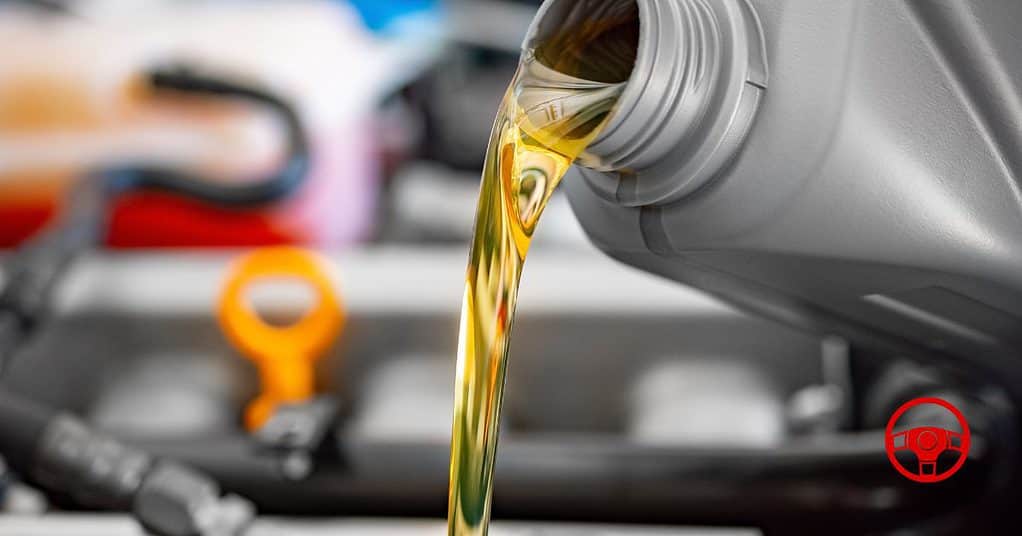
Hybrid cars generally require less maintenance than gas-only cars due to their regenerative braking system, which reduces wear and tear on the brakes.
However, hybrid cars have more complex systems, which can lead to higher repair costs if something goes wrong.
Following the manufacturer’s recommended maintenance schedule is essential to keep your hybrid car running smoothly.
Fuel Costs
One of the main benefits of owning a hybrid car is lower fuel costs. According to the U.S. Department of Energy, the average cost of electricity to power an electric vehicle is equivalent to gasoline priced at $1.20 per gallon.
Hybrid cars also have better gas mileage than gas-only cars, which can save you money at the pump.
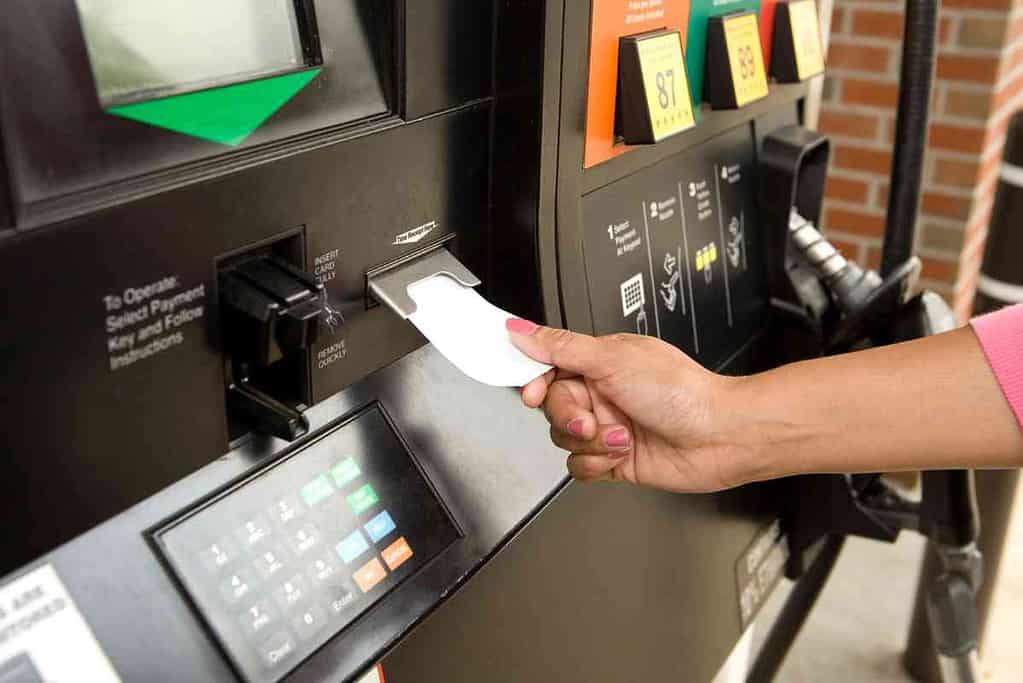
Insurance Costs
Insurance companies generally view hybrid cars as less risky to insure due to their lower emissions and better fuel efficiency.
However, insurance costs can vary depending on the make and model of the car, as well as your driving history and location.
Battery Replacement Costs
Hybrid cars use a battery to power the electric motor, which can be costly to replace.
However, most hybrid car batteries are designed to last for the life of the vehicle and come with a warranty of up to 10 years.
If your hybrid car battery needs to be replaced, it can cost anywhere from $1,000 to $6,000, depending on the make and model of the car.
| Cost | Hybrid Car | Gas-only Car |
|---|---|---|
| Purchase Price | Higher | Lower |
| Maintenance Costs | Lower | Higher |
| Fuel Costs | Lower | Higher |
| Insurance Costs | Lower | Higher |
| Battery Replacement Costs | Higher | N/A |
The cost of owning a hybrid car can be higher than a gas-only car due to the higher purchase price and potential battery replacement costs.
However, lower fuel and maintenance costs can offset these expenses over time. It’s essential to consider your individual driving habits and budget when deciding whether a hybrid car is worth the investment.
Fuel Efficiency and Emissions
Fuel Economy
One of the main reasons to consider buying a hybrid car is its fuel economy. Hybrid cars use a combination of gasoline and electric power to run, which makes them more fuel-efficient than conventional cars.
They can go further on a single gas tank than conventional cars, meaning fewer trips to the pump and lower fuel costs.
The fuel economy of a hybrid car is typically measured in miles per gallon (mpg). The higher the mpg, the more fuel-efficient the car is. For example, the Toyota Prius Prime has an EPA-estimated fuel economy of 55 mpg in the city and 53 mpg on the highway.
This means that it can travel up to 55 miles on a single gallon of gas in the city and up to 53 miles on a single gallon of gas on the highway.
Regenerative Braking
Another feature that contributes to the fuel efficiency of hybrid cars is regenerative braking. When a hybrid car brakes, it converts the kinetic energy that would otherwise be lost into electrical energy, which is then stored in the car’s battery.
This means that the car can use this stored energy to power the electric motor, which reduces the amount of gasoline the car needs to use.
Emissions and Carbon Footprint
Hybrid cars are also known for their lower emissions and carbon footprint. The combination of gasoline and electric power means that hybrid cars emit fewer greenhouse gases and other pollutants than conventional cars. According to the U.S.
Department of Energy, hybrid cars emit less than half the amount of carbon dioxide (CO2) and other pollutants as conventional cars.
To illustrate this point, here is a table comparing the emissions of a hybrid car and a conventional car:
| Car Type | CO2 Emissions (grams/mile) | Nitrogen Oxide (NOx) Emissions (grams/mile) |
|---|---|---|
| Hybrid | 122 | 0.02 |
| Conventional | 244 | 0.07 |
As you can see, the hybrid car emits half the amount of CO2 and a third of the amount of NOx as the conventional car.
This means that buying a hybrid car can help reduce your environmental impact and contribute to a cleaner, greener planet.
Overall, hybrid cars’ fuel efficiency and emissions make them a smart choice for environmentally conscious consumers who want to save on fuel costs.
Performance of Hybrid Cars
Speed and Power
Hybrid cars are known for fuel efficiency, but some may wonder if they sacrifice speed and power for that efficiency.
While it is true that hybrid cars may not have the same level of acceleration as gas-only vehicles, they can still deliver a satisfying driving experience.
Most hybrid cars have a combination of a gasoline engine and an electric motor, which work together to provide the necessary power. In some cases, the electric motor can even provide an extra boost of power during acceleration.
Driving and Operation
Driving a hybrid car is not much different from driving a gas-only vehicle. The main difference is that hybrid cars use regenerative braking to recharge the battery, which means that the brakes may feel slightly different.
Additionally, some hybrid cars may have a different sound when they are running on electric power only. However, these differences are minor and should not affect the overall driving experience.
Reliability

Hybrid cars are generally reliable, and many manufacturers offer warranties that cover the battery and other hybrid-specific components.
However, it is important to remember that hybrid cars have more components than gas-only vehicles, which means that more can go wrong. It is also worth noting that hybrid batteries can be expensive to replace if they fail outside of the warranty period.
When it comes to the overall performance of hybrid cars, it is important to consider the pros and cons. While hybrid cars may not have the same level of acceleration as gas-only vehicles, they offer better fuel efficiency, which can save drivers money in the long run.
Additionally, hybrid cars are generally reliable and have lower emissions than gas-only vehicles.
| Pros of Hybrid Cars | Cons of Hybrid Cars |
|---|---|
| Better fuel efficiency | Higher upfront cost |
| Lower emissions | More components to maintain |
| Generally reliable | Expensive battery replacement |
| Regenerative braking | Limited electric-only range |
Overall, hybrid cars are good for drivers who prioritize fuel efficiency and lower emissions. While they may have some drawbacks, the benefits outweigh the cons for many drivers.
Hybrid Cars and the Environment
When it comes to the environment, hybrid cars are often considered a better choice than traditional gasoline-powered vehicles.
In this section, we will explore the environmental impact of hybrid cars and how they can help reduce your carbon footprint.
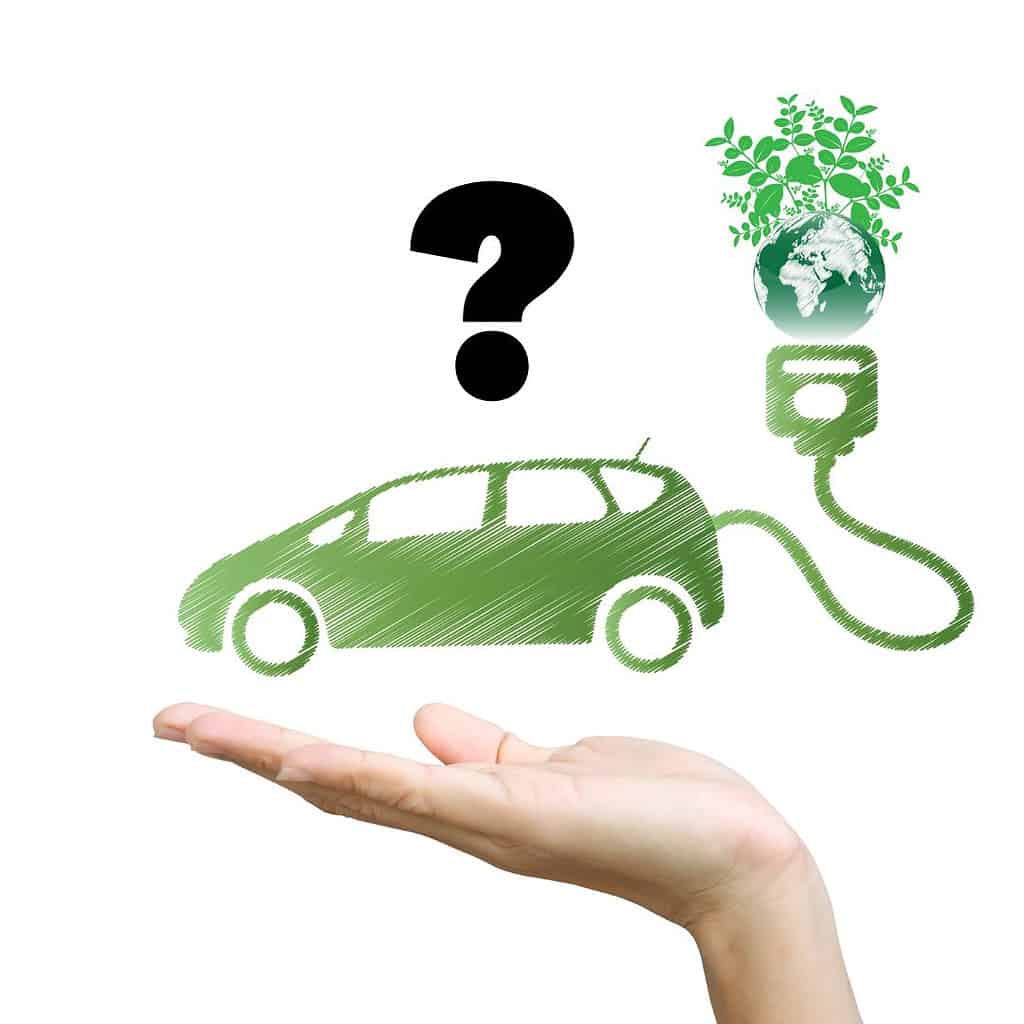
Environmental Impact of Hybrid Cars
Hybrid cars are designed to be more environmentally friendly than traditional gasoline-powered vehicles.
They achieve this by using a combination of an electric motor and a gasoline engine. The electric motor powers the car at low speeds and during acceleration, while the gasoline engine takes over at higher speeds and when more power is needed.
One of the main environmental benefits of hybrid cars is that they produce fewer emissions than traditional gasoline-powered vehicles.
According to a US Department of Energy study, hybrid cars emit up to 90% less pollutants than traditional gasoline-powered vehicles.
This is because the electric motor in a hybrid car produces no emissions, while the gasoline engine produces fewer emissions due to its smaller size and more efficient operation.
Reducing Carbon Footprint
Hybrid cars can also help reduce your carbon footprint. Carbon footprint is a measure of the amount of greenhouse gases, such as carbon dioxide that an individual or organization produces. By driving a hybrid car, you can reduce your carbon footprint and help protect the environment.
To illustrate the point, let’s take a look at a table that compares the carbon footprint of a traditional gasoline-powered vehicle and a hybrid car over a year of driving:
| Car Type | Miles Driven | CO2 Emissions |
|---|---|---|
| Gasoline | 12,000 | 11,000 lbs |
| Hybrid | 12,000 | 6,000 lbs |
As you can see from the table, driving a hybrid car can cut your carbon footprint in half compared to driving a traditional gasoline-powered vehicle. This is because hybrid cars use less gasoline and produce fewer emissions.
Hybrid cars are a good choice for those who want to reduce their impact on the environment. They produce fewer emissions and can help reduce your carbon footprint.
However, it’s important to note that hybrid cars are not a perfect solution and still have some environmental impact.
Popular Hybrid Models
Hybrid cars are becoming more and more popular as people look for ways to reduce their carbon footprint and save money on gas. Here are some of the most popular hybrid models on the market today.
Toyota RAV4 Hybrid
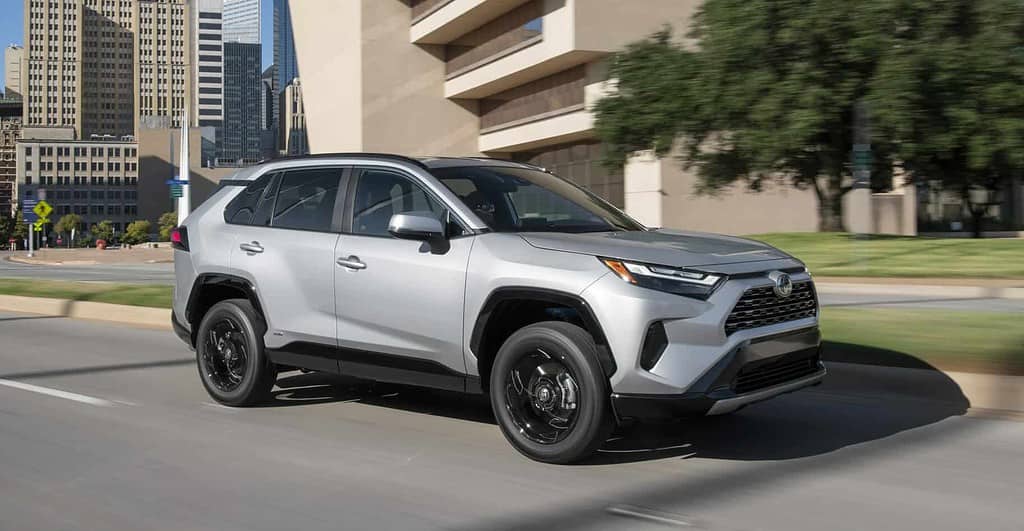
The Toyota RAV4 Hybrid is a popular hybrid SUV that is known for its great fuel economy and spacious interior. It has a combined fuel economy of 40 mpg and can go up to 580 miles on a single tank of gas.
The RAV4 Hybrid is also available in a plug-in hybrid version called the RAV4 Prime, which has an all-electric range of up to 42 miles.
Toyota Camry Hybrid
The Toyota Camry Hybrid is a midsize sedan that is known for its reliability and fuel efficiency.
It has a combined fuel economy of 52 mpg and can go up to 686 miles on a single tank of gas. The Camry Hybrid also has a spacious interior and a smooth ride.
Honda CR-V Hybrid
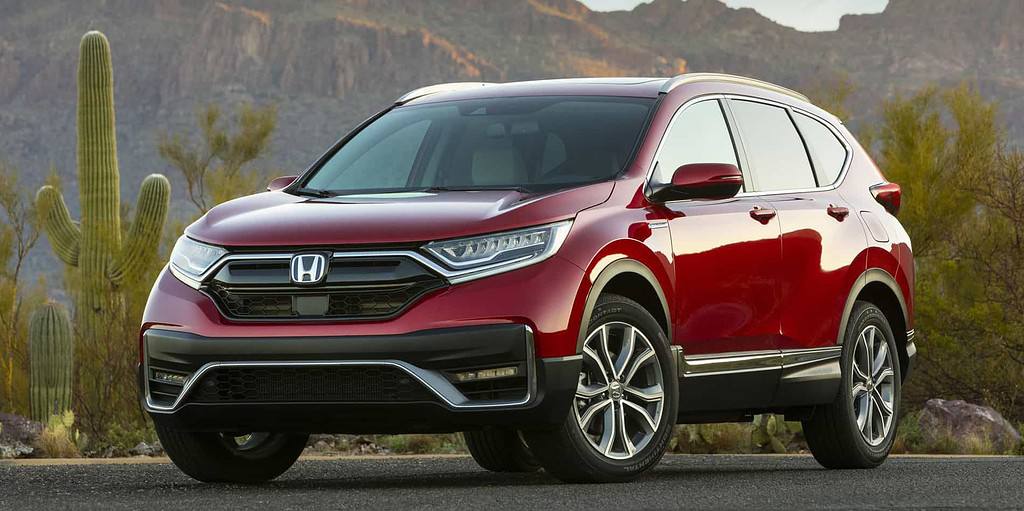
The Honda CR-V Hybrid is a popular hybrid SUV that is known for its spacious interior and great fuel economy.
It has a combined fuel economy of 38 mpg and can go up to 520 miles on a single tank of gas. The CR-V Hybrid also has a comfortable ride and a long list of standard safety features.
Honda Accord Hybrid
The Honda Accord Hybrid is a midsize sedan that is known for its great fuel economy and comfortable ride.
It has a combined fuel economy of 48 mpg and can go up to 758 miles on a single tank of gas. The Accord Hybrid also has a spacious interior and a long list of standard features.
When comparing these popular hybrid models, it is clear that they all offer great fuel economy and spacious interiors.
However, the Toyota RAV4 Hybrid and the Honda CR-V Hybrid are SUVs, which may be a better option for families or those needing more cargo space.
On the other hand, the Toyota Camry Hybrid and the Honda Accord Hybrid are both sedans, which may be a better option for those who prioritize fuel economy and a comfortable ride.
| Model | Combined Fuel Economy | Range on a Single Tank |
|---|---|---|
| Toyota RAV4 Hybrid | 40 mpg | Up to 580 miles |
| Toyota Camry Hybrid | 52 mpg | Up to 686 miles |
| Honda CR-V Hybrid | 38 mpg | Up to 520 miles |
| Honda Accord Hybrid | 48 mpg | Up to 758 miles |
The Toyota RAV4 Hybrid, Toyota Camry Hybrid, Honda CR-V Hybrid, and Honda Accord Hybrid are popular hybrid models offering great fuel economy and spacious interiors.
When choosing a hybrid car, it is important to consider your needs and priorities to determine which model best fits you.
Making the Decision
When deciding whether to buy a hybrid car, there are a few factors to consider. Financial considerations and environmental considerations are two primary factors.
Financial Considerations
Hybrid cars tend to have a higher upfront cost than their gasoline-only counterparts. However, they often make up for this cost in fuel savings over time.
According to Autolist, a hybrid car will get an average of over 50 mpg combined, while the average gas vehicle gets somewhere around 25 mpg combined. This means you will spend less on gas with a hybrid car.
Additionally, some states offer tax credits for purchasing a hybrid car. Check with your state to see if you are eligible for any tax credits.
To help illustrate the financial considerations, here is a table comparing the cost of a hybrid car to a gasoline-only car over a five-year period:
| Car Type | Upfront Cost | Fuel Cost | Tax Credits | Total Cost |
|---|---|---|---|---|
| Hybrid | $30,000 | $5,000 | $2,000 | $33,000 |
| Gasoline-only | $25,000 | $10,000 | $0 | $35,000 |
As you can see, while the upfront cost of the hybrid car is higher, the fuel savings and tax credits make it a more cost-effective option over a five-year period.
Environmental Considerations
Hybrid cars are more environmentally friendly than gasoline-only cars. They produce fewer emissions, which can help reduce air pollution and improve air quality. Additionally, they use less fuel, which reduces the demand for oil and helps conserve natural resources.
According to Autotrader, a traditional hybrid uses its electric motor to get up to a certain speed, above which the gasoline engine takes over.
That gives hybrids better gas mileage than their gasoline-only equivalents. This means hybrid cars produce fewer emissions and use less fuel, making them more environmentally friendly.
When making a financial decision about whether to buy a hybrid car, it is important to consider both financial and environmental factors.
By weighing these factors, you can decide whether a hybrid car is the right choice for you.
Frequently Asked Questions
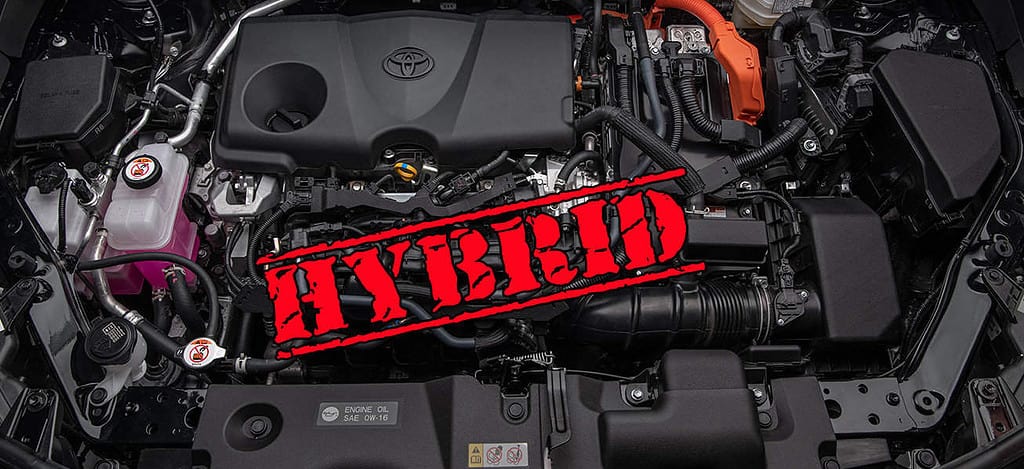
What are the disadvantages of a hybrid car?
Hybrid cars tend to be more expensive upfront than traditional gas-powered vehicles. Additionally, hybrid cars require specialized maintenance that can be more expensive than regular maintenance. Finally, hybrid cars may not be as powerful as traditional gas-powered cars, which can be a disadvantage for drivers who require a lot of horsepower.
Do you actually save money with a hybrid car?
It depends on how much you drive and how much you pay for gas. In general, hybrid cars are more fuel-efficient than traditional gas-powered cars, which means you can save money on gas over time. However, the savings may not be significant if you don’t drive a lot or if gas prices are low.
Is there a downside to buying a hybrid?
As mentioned earlier, hybrid cars tend to be more expensive upfront than traditional gas-powered vehicles. Also, hybrid cars require specialized maintenance that is more expensive than regular maintenance. Finally, hybrid cars may not be as powerful as traditional gas-powered cars.
How long do hybrid cars last?
Hybrid cars can last as long as traditional gas-powered cars, but the lifespan of a hybrid car depends on several factors, including how well it is maintained and how much it is driven.
What is the biggest hurdle for buying a hybrid today?
The biggest hurdle for buying a hybrid today is the upfront cost. Hybrid cars tend to be more expensive than traditional gas-powered vehicles, which can be a deterrent for some buyers.
Do hybrids last longer?
Hybrids can last as long as traditional gas-powered cars, but the lifespan of a hybrid car depends on several factors, including how well it is maintained and how much it is driven. However, hybrid cars have both a gas-powered engine and an electric motor, so they may require more specialized maintenance than traditional gas-powered cars, affecting their lifespan.
Overall, while there are some disadvantages to buying a hybrid car, they can be a good option for drivers who want to save money on gas and reduce their carbon footprint. However, buyers should carefully consider the upfront cost and specialized maintenance requirements before making a decision.
